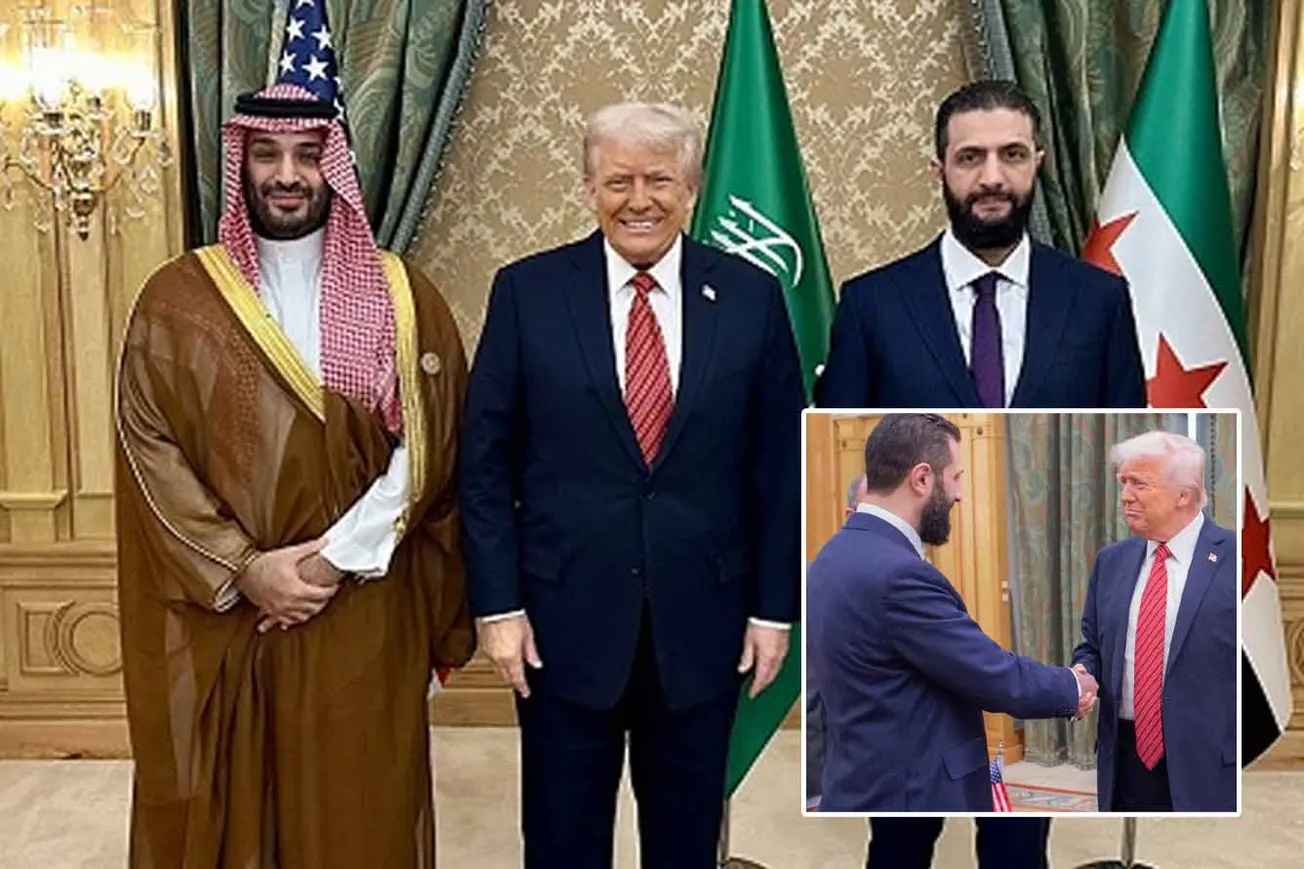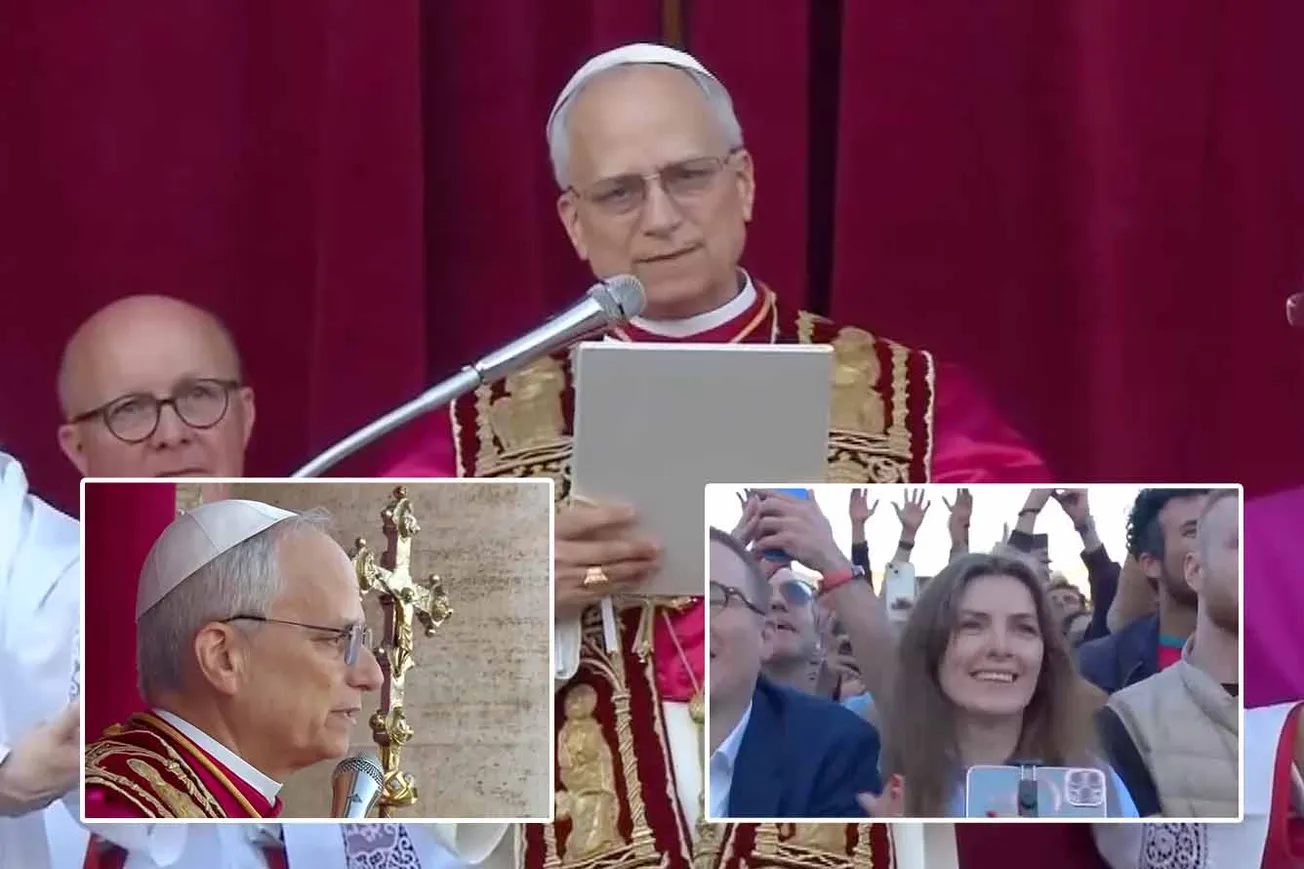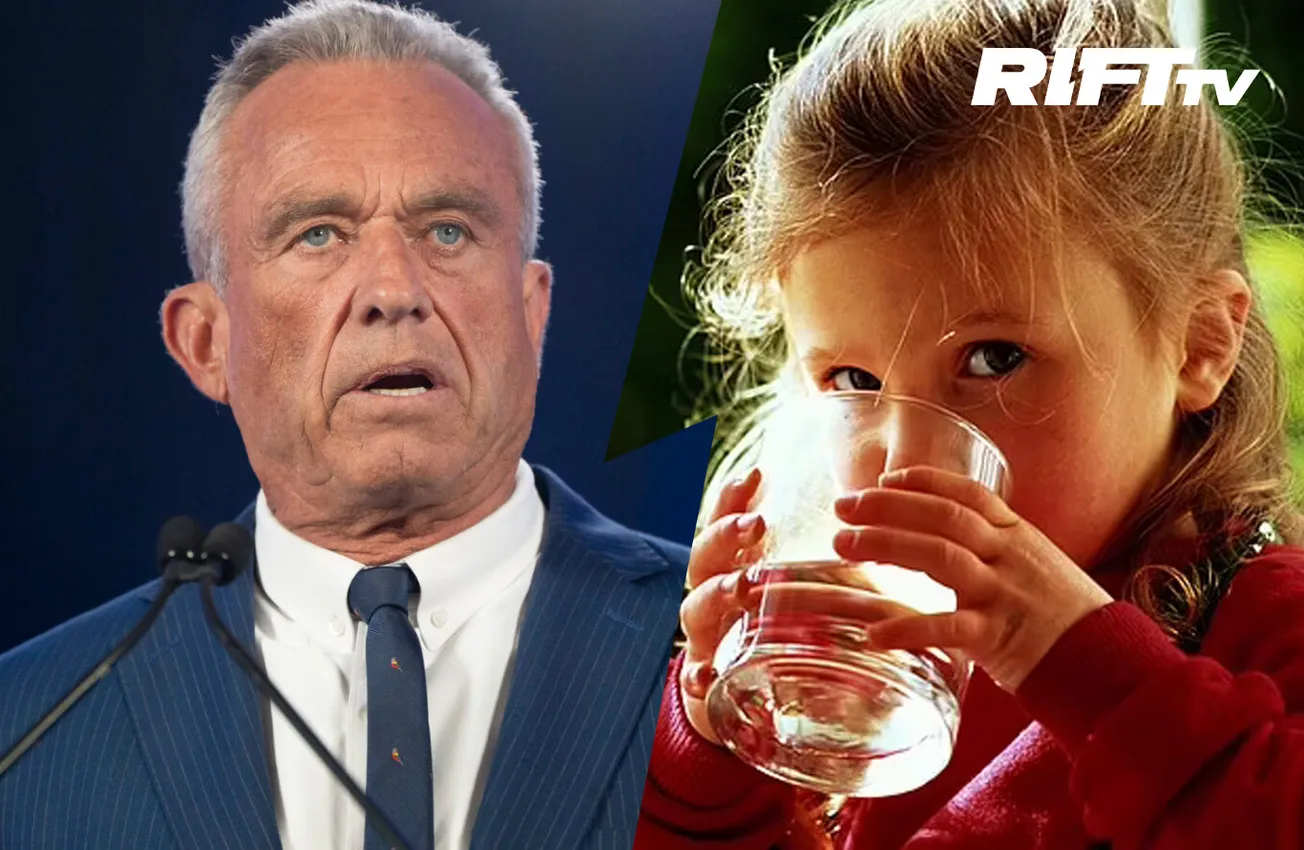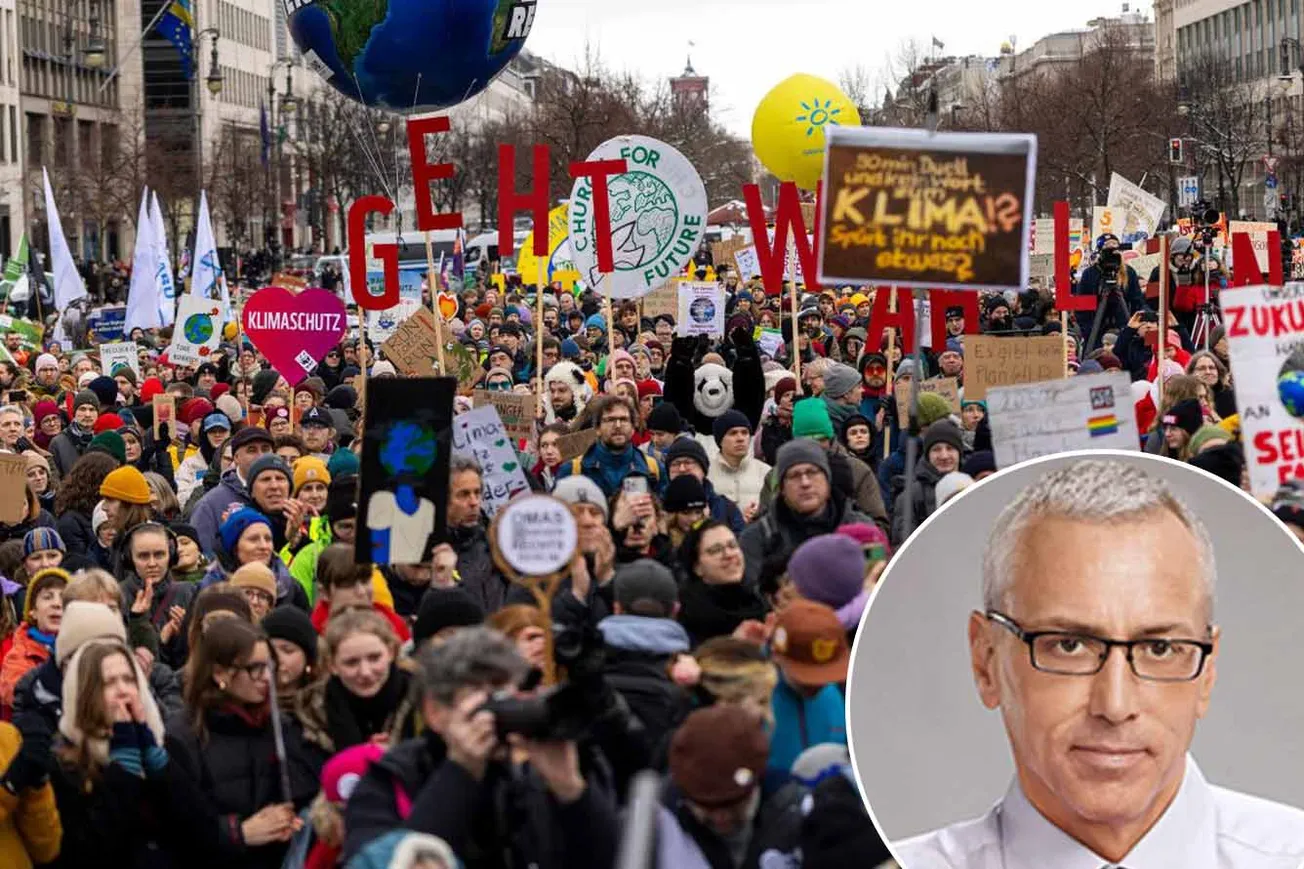In a historic and audacious diplomatic gambit, President Donald Trump met Wednesday with Syrian President Ahmed al-Sharaa, formerly known as Abu Mohammad al-Jolani, in Saudi Arabia, marking the first U.S.-Syrian presidential summit in 25 years.
The meeting, coupled with Trump’s announcement to lift "brutal and crippling" sanctions on Syria, signals a seismic shift in U.S. policy toward the war-torn nation, now under al-Sharaa’s control following the December collapse of Bashar al-Assad’s regime.

In December 2024, al-Sharaa, once a U.S.-imprisoned al-Qaeda-affiliated militant, stormed Damascus in a lightning rebel offensive, ending the Assad family’s 54-year rule.
Despite Al-Sharaa's past ties to terrorism—still listed on the U.S. terrorist watch list with a $10 million bounty on his head—al-Sharaa has rebranded himself as a statesman.
Al-Shara offered Trump access to Syria’s oil and gas, normalization with Israel, and even a "Trump Tower" in Damascus to secure sanctions relief.
The Riyadh meeting was also attended by Secretary of State Marco Rubio and facilitated by Saudi Crown Prince Mohammed bin Salman and Turkish President Recep Tayyip Erdogan.
عاجل..
— أخبار السعودية (@SaudiNews50) May 14, 2025
بدعوة كريمة من ولي العهد الأمير محمد بن سلمان..
الرئيس الأمريكي والسوري و (التركي هاتفيًا) يعقدون في الرياض لقاءً حول مستقبل الأوضاع في سوريا، وتأكيد أهمية استقرارها وسيادتها ووحدة أراضيها، وتحقيق الأمن والرخاء للشعب السوري.
- pic.twitter.com/7q3ZYqMEPX
Trump urged al-Sharaa to sign onto the Abraham Accords, expel foreign terrorists, including Palestinian operatives, and manage ISIS detention centers to prevent the group’s resurgence.
Following the meeting, Trump described al-Sharaa as "a young, attractive guy… a tough guy."
"He's got a real shot at pulling it together," the president said.
Trump praised Syrian President Ahmed al-Sharaa after their Saudi Arabia meeting.
— Ian Miles Cheong (@stillgray) May 14, 2025
“He's a young attractive guy. He's got a real shot at pulling it together.”
Al-Sharaa's regime, however, is condemned for terrorist acts, including human rights abuses and chemical attacks on… pic.twitter.com/wlzRuFmTam
The president's decision to lift sanctions, announced Tuesday, drew a standing ovation from the crowd.
"After discussing the situation in Syria with the Crown Prince and also with President Erdogan, who called me the other day and asked for a very similar thing… I will be ordering the cessation of sanctions against Syria in order to give them a chance at greatness," Trump declared.
🚨 @POTUS: "After discussing the situation in Syria with the Crown Prince and also with President Erdogan of Turkey... among others in the Middle East, I will be ordering the cessation of sanctions against Syria, in order to give them a chance at greatness." pic.twitter.com/JG3gx3Nn6D
— Rapid Response 47 (@RapidResponse47) May 13, 2025
He emphasized the sanctions, which had driven Syria to the brink of bankruptcy, "served a purpose at the time, but are no longer needed."
This move, defying Israeli Prime Minister Benjamin Netanyahu’s skepticism toward al-Sharaa’s al-Qaeda-linked past, aligns with Trump’s broader Middle East strategy, including recent talks with Iran and a Houthi ceasefire.
Israel, which seized Syrian territory for a buffer zone and conducted airstrikes on Syrian military targets post-Assad, remains wary.
Trump’s push to withdraw all U.S. troops from Syria could accelerate if al-Sharaa cooperates, particularly on counterterrorism and energy partnerships.
Mouaz Moustafa, director of the Syrian Emergency Task Force, briefed White House officials after a four-hour meeting with al-Sharaa, confirming his commitment to blocking Iran’s return and collaborating on Syria’s oil and gas fields.
Charles Lister, director of the Syria program at the Middle East Institute, called the meeting a "make-or-break moment" for Syria, noting, "If President Trump wants to bring peace to the Middle East, the departure of Assad’s regime and the near-defeat of Iran in the Levant presents him a historic opportunity—but Damascus will be central to whether that succeeds or fails."
Lister added, “A Syrian olive branch has been extended for several months; it’s up to Trump whether that’s grasped or not."
Rubio is slated to meet Syria’s foreign minister in Turkey later this week, further cementing U.S.-Syrian engagement.
The last U.S.-Syrian presidential meeting occurred in 2000, when Bill Clinton met Hafez al-Assad in Geneva to negotiate an Israeli-Syrian peace deal.












Conversation